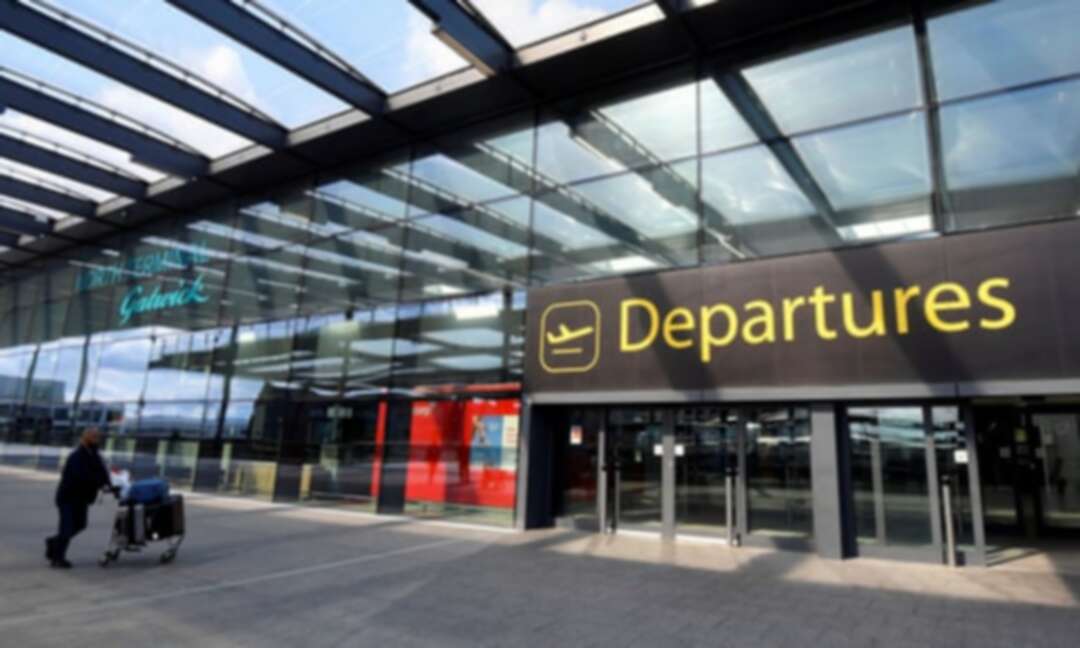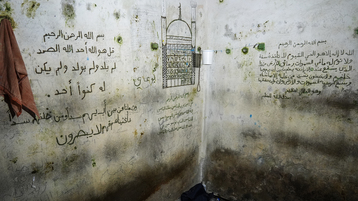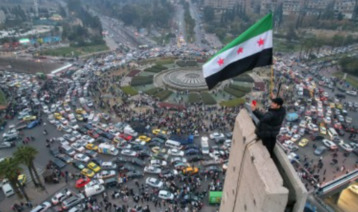-
Covid: UK travel testing delay 'to help out business'

Rule requiring travellers to show negative test to come into force on Monday, not Friday as planned
The government has suggested it is delaying the requirement for travellers to England to have a negative coronavirus test to soften the impact of the move on businesses.
Late on Wednesday night, the transport secretary, Grant Shapps, said the new rule would come into force on Monday at 4am instead of Friday as planned.
Asked to explain the delay for a move that was signalled last week, the safeguarding minister, Victoria Akins, said it was for economic reasons. Speaking to Sky News, she said: “There’s a very delicate balancing act here between controlling the virus but also ensuring that we are not putting too much of a burden on the economy.”
She added: “We have listened to the concerns that many people had about whether the message has quite got through to people who are making the flights over the weekend, and we have acted in relation to those concerns.”
Shapps also said the delay was aimed at giving international travellers more time to prepare.
https://twitter.com/grantshapps/status/1349491691133300745
Yvette Cooper, the Labour MP who chairs the home affairs select committee, said the latest delay on a measure to restrict the spread of the virus was “truly shocking”.
In a tweet, she claimed the real reason for the delay was a failure to publish the guidance in time.
https://twitter.com/YvetteCooperMP/status/1349475232923398144
Under the new requirement, travellers will need to present proof of a negative test result to their carrier on boarding, while UK Border Force will conduct spot-checks on arrivals. New arrivals who flout the rules will face a minimum £500 fine, while the operator who transported them will also be fined. Passengers will still have to quarantine for 10 days regardless of their test results.
Meanwhile, Scotland’s deputy first minister, John Swinney, said that rules requiring travellers arriving in the country to have a negative coronavirus test were in force in Scotland.
In an interview on BBC Breakfast he said: “The position in Scotland is that those restrictions are in place and we want to see people following those restrictions to make sure that we minimise the risk.” When asked if people had to have a test before they travelled to Scotland, he replied: “Yes,” and agreed that the restrictions applied now.
Atkins also appeared to confirm that the government is about to ban flights from Brazil over concerns about a new strain of the virus detected there.
Asked why travel from Brazil had not been banned already, she said: “It takes a little bit of time what we need to ensure is that when we make these very very important decisions that have a huge impact on people’s personal lives but also on businesses and so on. We’ve got to just have a little bit of time to let that fit in and to settle in.”
On Wednesday, Boris Johnson, suggested the government was preparing to ban travellers from Brazil, with an announcement expected on Thursday afternoon.
Answering questions from Cooper at the liaison committee, he said: “We are putting in extra measures to ensure that people coming from Brazil are checked: and indeed stopping people coming from Brazil.”
Atkins told Sky said: “The prime minister was clear that measures will be taken. We have acted decisively in the past with both the Denmark and the South African variants. I wouldn’t want to speculate further at this stage.”
source: Matthew Weaver
Levant
You May Also Like
Popular Posts
Caricature
BENEFIT Sponsors Gulf Uni...
- April 17, 2025
BENEFIT, the Kingdom’s innovator and leading company in Fintech and electronic financial transactions service, has announced its sponsorship of the “Innovation and Sustainable Technology Solutions Competition (GU - IST Solutions), hosted by Gulf University at its main campus.
This strategic sponsorship reflects BENEFIT’s active role in advancing technological innovation and fostering sustainable solutions to future challenges. It also seeks to empower Bahraini youth by enhancing their skills, capabilities, and competitiveness in innovation and solution development—contributing meaningfully to the broader goals of sustainable development across all sectors.
As part of BENEFIT’s active involvement in the competition, the company has announced that Hanan Abdulla Hasan, Senior Manager of Public Relations and Communication, will serve on the competition’s supervisory committee. Her upcoming participation reflects BENEFIT’s forward-looking commitment to championing academic and professional excellence.
Commenting on the occasion, Hanan Abdulla Hasan, Senior Manager of Public Relations and Communication at BENEFIT, said, “We are privileged to support this pioneering initiative, which aligns seamlessly with BENEFIT’s enduring commitment to fostering innovation and nurturing the potential of Bahrain’s youth. Our participation is rooted in a deep sense of social responsibility and a firm belief in the pivotal role of innovation in shaping a sustainable future. Through such platforms, we seek to empower the next generation with the knowledge, skills, and foresight required to develop impactful solutions that address future challenges, in line with the United Nations Sustainable Development Goals 2030.”
Dr. Aseel Al Ayash Dean of the College of Engineering in Gulf University commented, “We extend our sincere gratitude to BENEFIT for their generous sponsorship and support of the Innovation and Sustainable Technology Solutions Competition. This contribution plays an instrumental role in helping us achieve the strategic goals of this initiative, namely, cultivating a culture of innovation and sustainability, encouraging efforts that address the imperatives of sustainable development, and enhancing the practical and professional capabilities of our students and participants.”
The event will bring together a diverse spectrum of participants, including secondary school students, university undergraduates, engineers, industry professionals, entrepreneurs, academic researchers, and subject matter experts representing a wide range of disciplines.
The competition seeks to inspire participants to develop and present innovative, sustainable technologies aimed at addressing pressing environmental, social, and economic challenges. It encourages the formulation of business models that integrate advanced technological solutions with core principles of sustainability. Moreover, it serves as a platform for emerging leaders, entrepreneurs, and innovators to contribute to the advancement of the Sustainable Development Goals, promote the ethos of responsible technology, and demonstrate its transformative potential across various sectors.
Attendees will have the opportunity to view a series of project presentations submitted by participants, covering diverse areas such as eco-friendly product design, smart and sustainable innovations, renewable energy technologies, water conservation and management, waste minimisation and recycling, green architectural solutions, and sustainable transportation systems. Outstanding projects will be formally recognised and awarded at the conclusion of the event.
opinion
Report
ads
Newsletter
Subscribe to our mailing list to get the new updates!






















